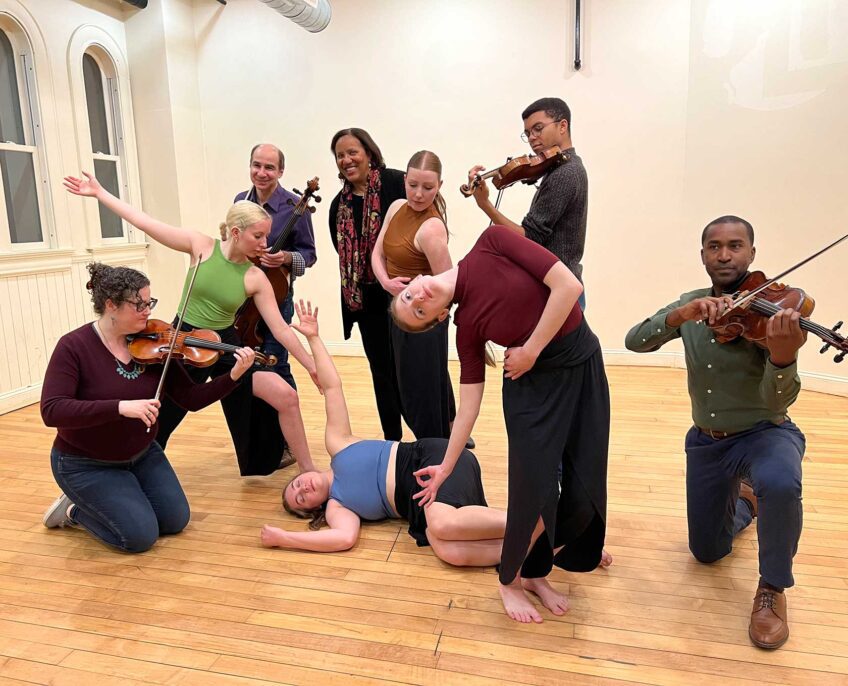Every December for the past 42 years the Black Community Information Center has coordinated a committee of organizations to host Kwanzaa celebrations. Over a period of seven days, programs and performances celebrate the seven principles of Kwanzaa: unity, self-determination, collective work and responsibility, collective economics, purpose, creativity and faith. “It’s a way for us to connect with our African Heritage,” says BCIC Director Sadiki Kambon. “We have wall to wall people every year.”
On the Web
For more information about BCIC, visit: http://blackinfon…
The 2017-18 theme is “It’s Afrikan Time to Declare Nubian Square,” a reference to the ongoing effort to rename Dudley Square as Nubian Square, due to the Dudley namesake’s status as a slave owner. Community is the crux of the Kwanzaa celebration, and all Kwanzaa programming is operated on a volunteer basis with no grants or funding. Kambon says, “What’s really important is that the entire week is sponsored by the community.”
Art plays an integral role in each evening. “We have African dance, poetry, music, it’s a complete celebration,” says Kambon. This year the Roxbury YMCA, Hibernian Hall, the Museum of the National Center of Afro-American Artists (NCAAA) and others donated their space for the ceremony and performances.
Kwanzaa history
Dr. Maulana Karenga, chair of Black Studies at California State University, created Kwanzaa in 1966. He was searching for a way to bring together the African American community in the wake of the Watts riots in Los Angeles. The holiday is a combination of traditions from several different “first fruit” celebrations across Africa. On each of the seven nights, a candle is lit to represent one of the principles, and a discussion of the principle follows. “The spirit of Kwanzaa and the seven principles are supposed to be practiced 365 days a year,” says Kambon. “You should be prepared to report what you have done in terms of work in the community during the year.” The discussion allows each family or community member to share how they lived that principle.
For the BCIC, spreading awareness of the celebration is key. Kambon says he often encounters the misconception that Kwanzaa is a religious celebration, when, in fact, people of all faiths attend. A key component also is distancing oneself from the commercialization of holidays. Kwanzaa encourages celebrators to get back to the roots of whichever holiday they celebrate, and to cherish family, community and connection.
Of this year’s celebration Kambon says, “What really impresses me is the amount of young people involved. They are the ones who will carry on these traditions.”




![Banner [Virtual] Art Gallery](https://baystatebanner.com/wp-content/uploads/2024/04/NJ-H_1-713x848.jpg)

